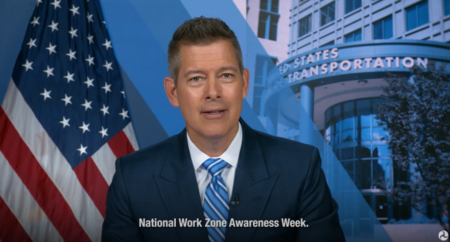Smart motorways are to be given a shakeup to improve safety and public confidence, the UK Government has announced today.
Dynamic hard shoulders are to be abolished, while increased ‘stopped vehicle detection’ and more emergency spaces will be rolled out as part of an 18-point package of measures to address concerns raised over the roads.
The shakeup follows four years of analysis commissioned by the Department for Transport (DfT) which concluded that smart motorways without a permanent hard shoulder had lower fatalities than motorways with. In addition, risks regarding tailgating, excessive vehicle speeds and dramatic speed changes were lower. However, evidence did reveal that risks of a collision between a moving and a stationary vehicle were higher on smart motorways.
Announcing the new raft of measures to address these Transport Secretary, Grant Schapps, said, “I’ve been greatly concerned by a number of deaths on smart motorways, and moved by the accounts of families who’ve lost loved ones in these tragic incidents.
“I commissioned an urgent stocktake of smart motorways to provide a clearer picture of their safety and make recommendations on next steps. I envisaged it to be swift, but during the course of our investigations a complex picture emerged – which warranted further work.
“That work has now concluded and overall, evidence shows that in most ways smart motorways are as safe as or safer than conventional ones.
“But I am clear that there is more we can do to raise the bar on smart motorway safety. The extended package of measures I have set out will help rebuild public confidence in our motorway network and ensure that safety is firmly at the heart of the programme.”
The changes announced will see the distance between places to stop in an emergency reduced to ¾ of a mile where feasible, so that on future schemes motorists should typically reach one every 45 seconds at 60mph, with the maximum spacing being a mile.
There will also be more communication with drivers to ensure motorists are informed and feel safer, with a campaign due to be launched later this year and include advice on what to do if drivers break down on a smart motorway.
Responding to the changes announced, Jim O’Sullivan, Highways England chief executive, said, “Every death in any road accident is tragic, and we are determined to do all we can to make our roads as safe as possible. We will be taking forward the measures the Secretary of State for Transport has set out, and we will be improving further our information to drivers to help them be safer on all of our roads, including our smart motorway network.”





